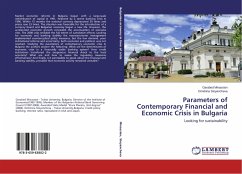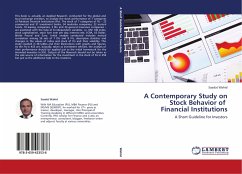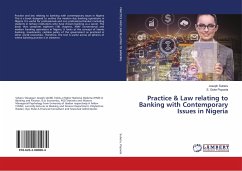Market economic reforms in Bulgaria began with a large-scale redistribution of capital in 1991, followed by a severe banking crisis in 1996. Within 15 months the national currency depreciated 30 times and prices rose 23 times. The situation was favorable for the introduction of a currency board and Bulgarian economy began a new life. However, the accelerated economic growth concealed the accumulation of excessive risks. The 2008 crisis revealed the full extent of cumulative effects. Looking for economic and banking stability the macroeconomic management implemented countercyclical policy measures, but the low demand, poor institutional reforms and uncertainty, both economic and political, was not resolved. Studying the parameters of contemporary economic crisis in Bulgaria the authors answer the following: What are the determinants of economic crisis in a financially stable banking system? How credit institutions transferred the exogenous financial shock to the local economy? What are and how to assess the regulatory measures effectiveness? And finally, is it permissible to speak about the financial and banking stability, provided that economic activity remained unstable?
Bitte wählen Sie Ihr Anliegen aus.
Rechnungen
Retourenschein anfordern
Bestellstatus
Storno








